
Today is the 57th birthday of Colby Chandler, who until the pandemic was the brewer at Ballast Point Brewing for over twenty years. When he moved from Hawaii to San Diego in the early 1990s, he began homebrewing and eventually took a job with the Home Brew Mart and then eventually with its sister business, Ballast Point Brewing when he went full time, running the Linda Vista location for 16 years and helping to open the first Ballast Point restaurant in Little Italy. Chandler was also President of the San Diego Brewers Guild for six years, and before leaving Ballast Point was their Vice President/VIP Brewer/Ambassador and Historian. I don’t recall when I first met Colby, but I believe it may have been at the first CBC in San Diego around 2004 or some other beer event. But he was always a great spokesperson for craft beer, and especially for San Diego. Join me in wishing Colby a very happy birthday.

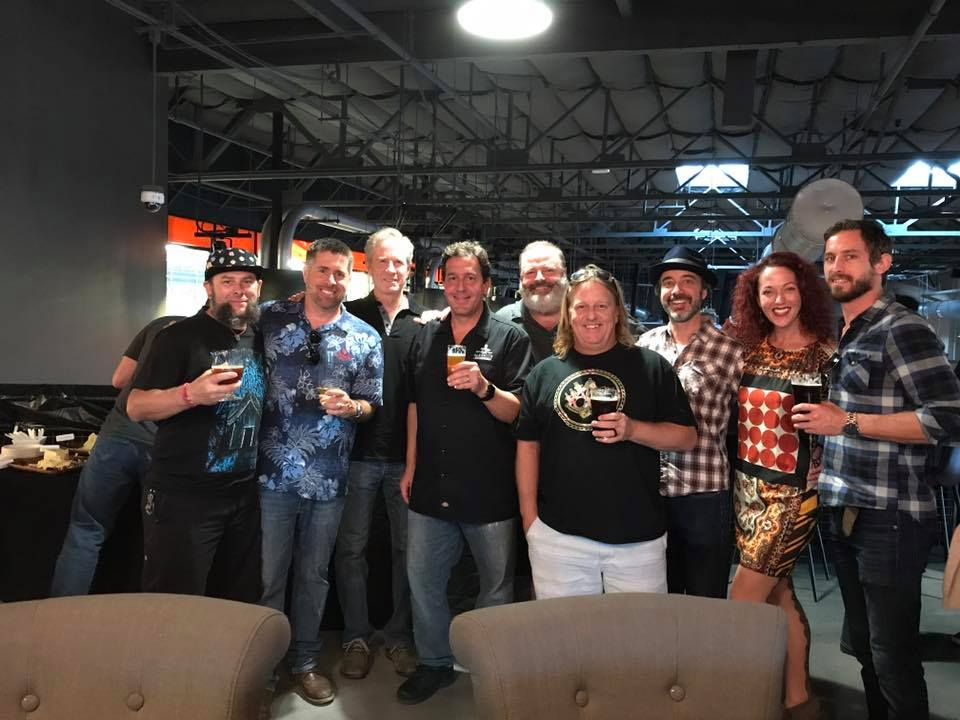
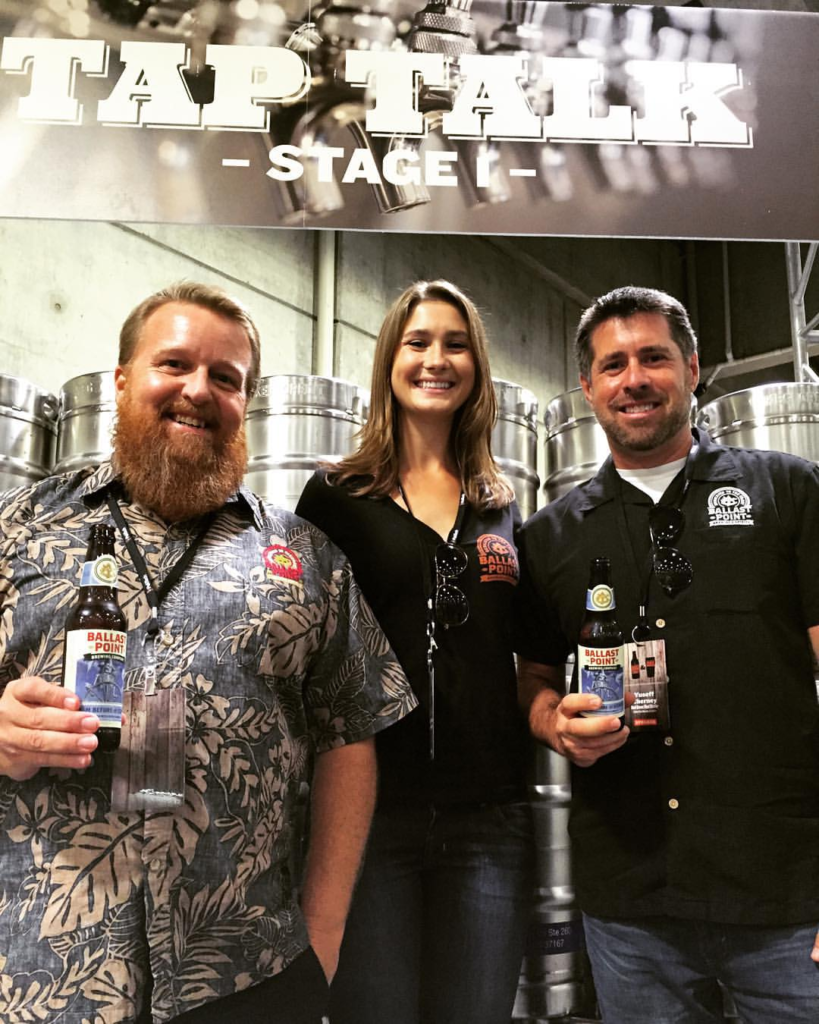
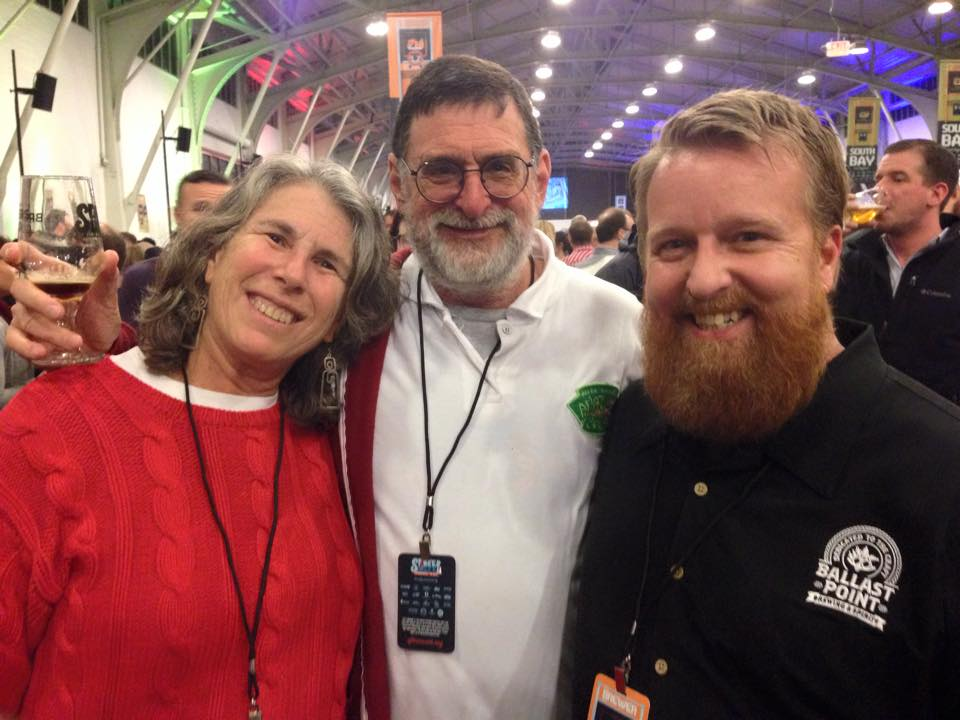
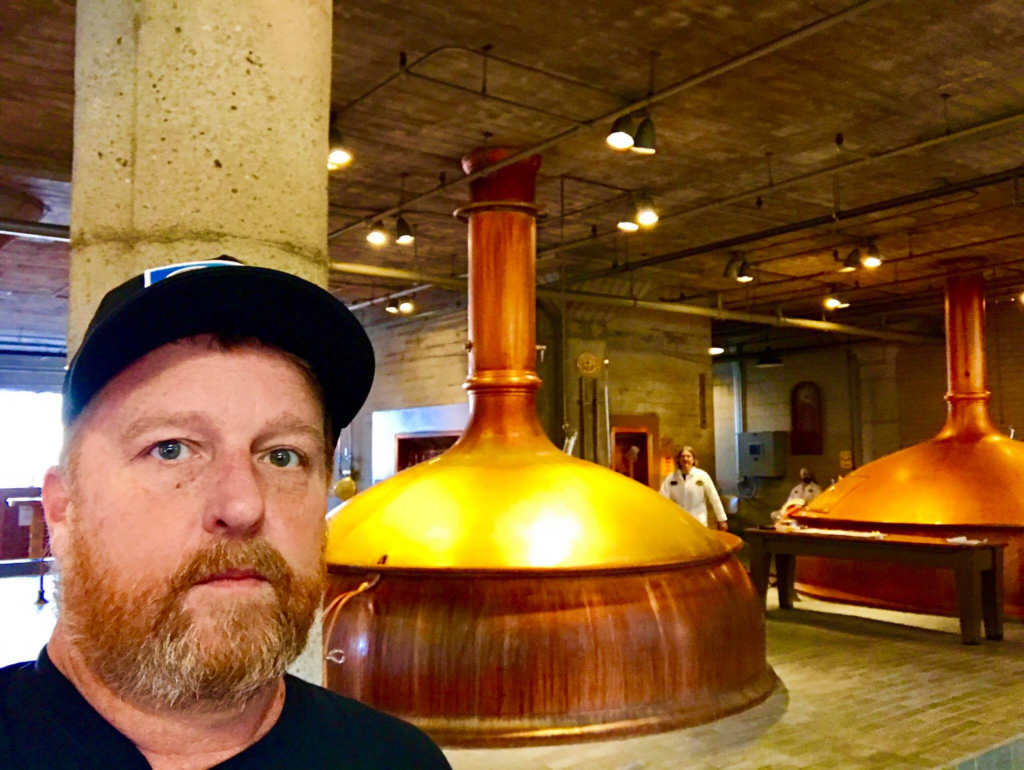
NOTE: All photos purloined from Facebook.


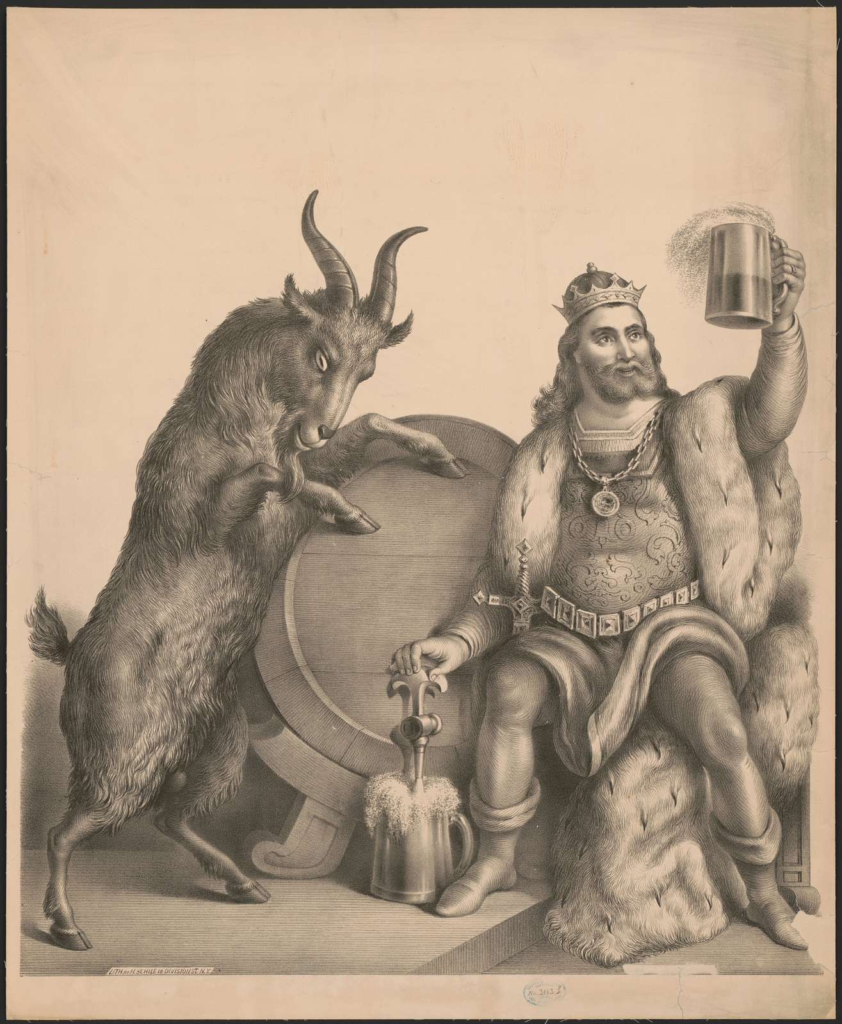

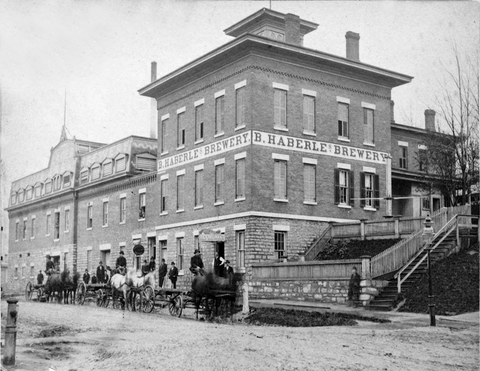
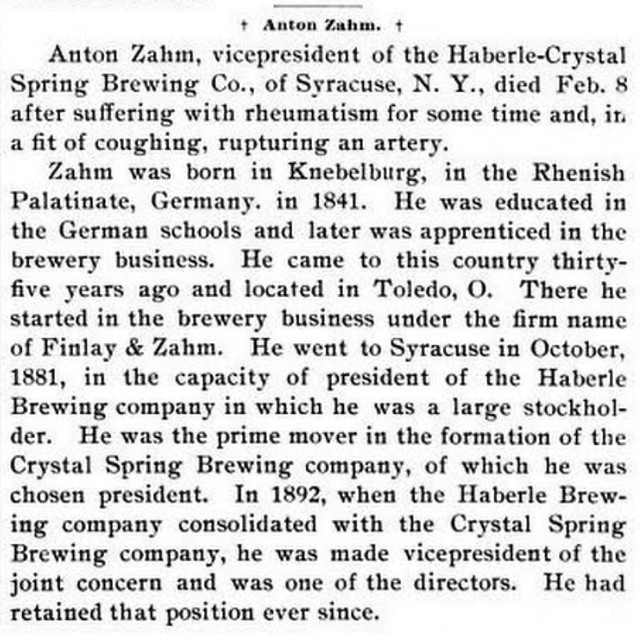
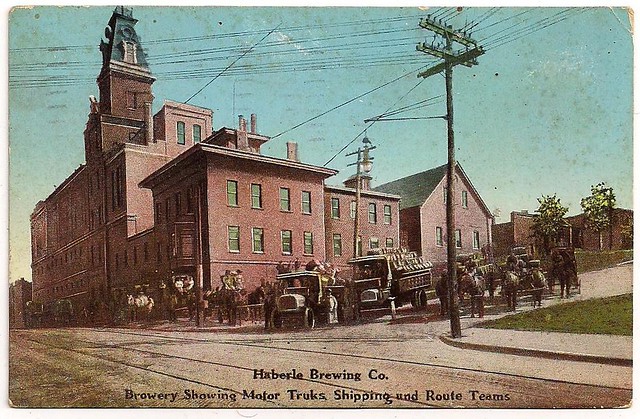
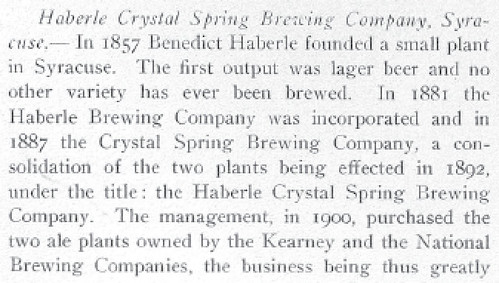
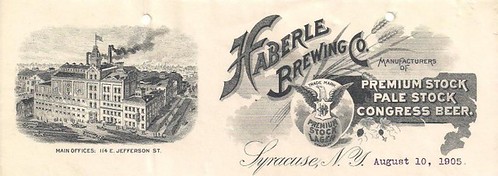
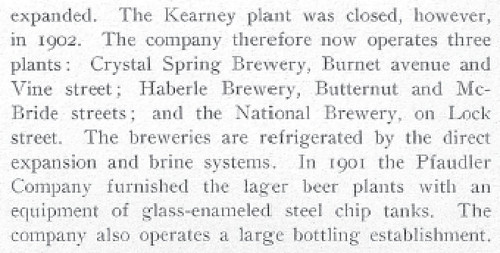
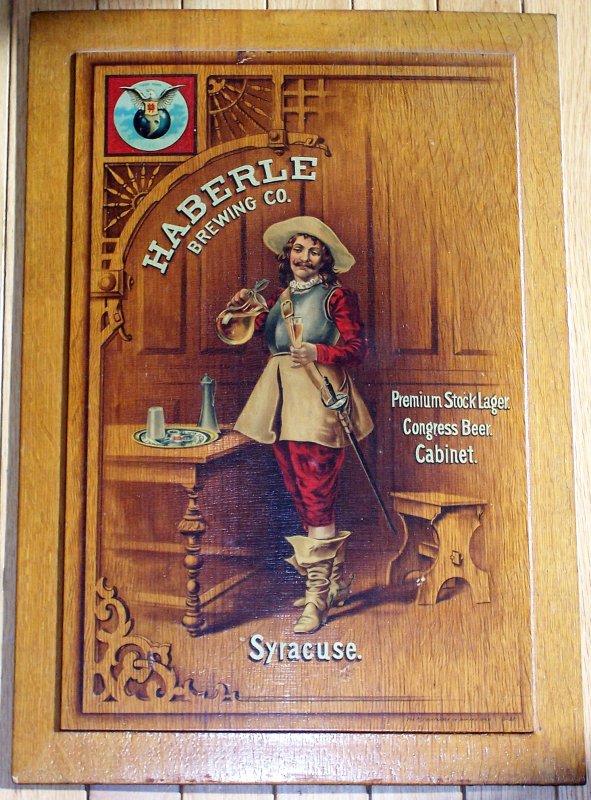
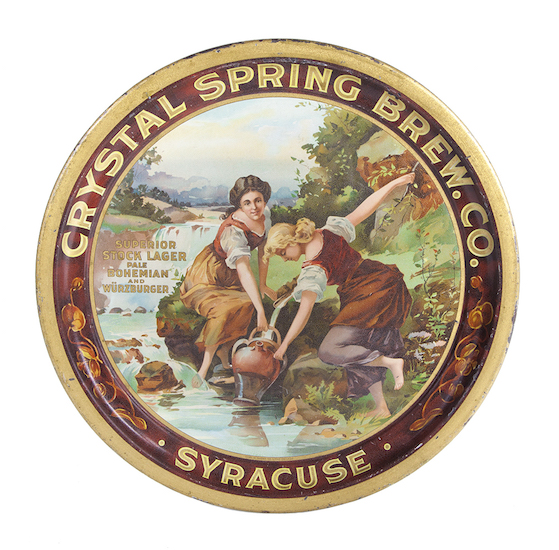







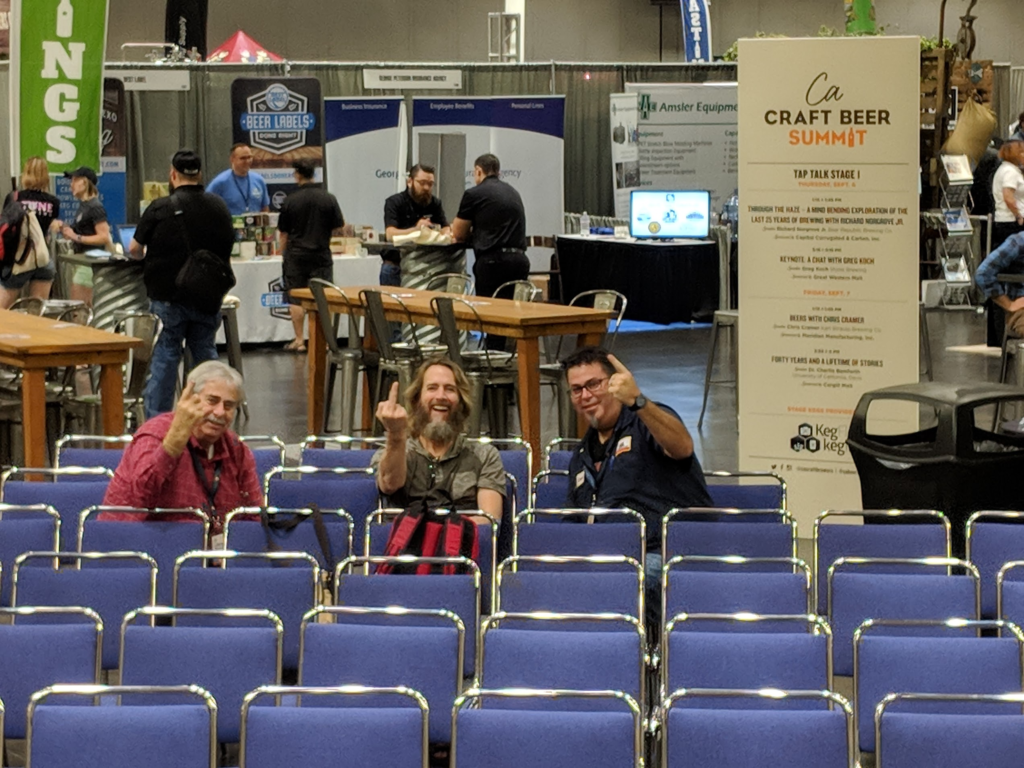


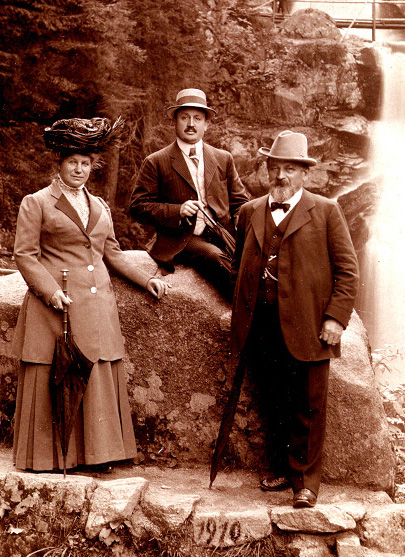
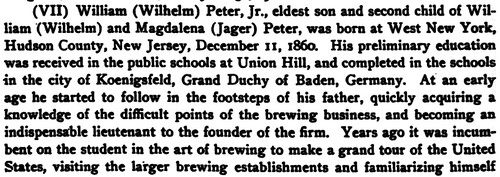
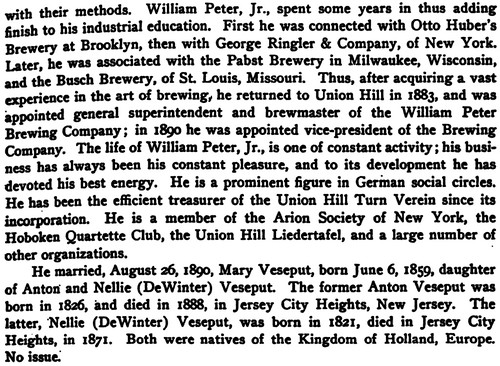
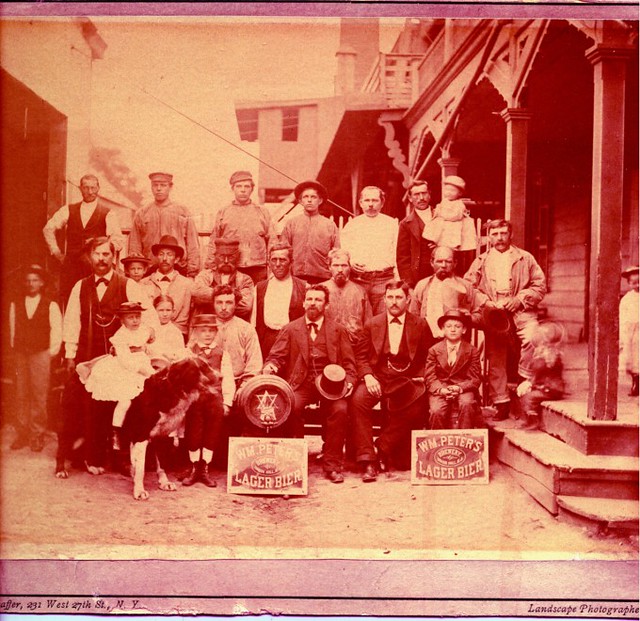
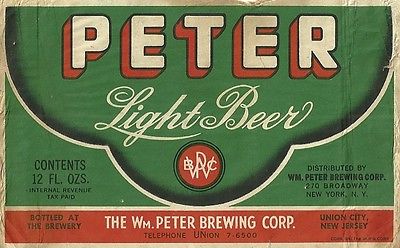

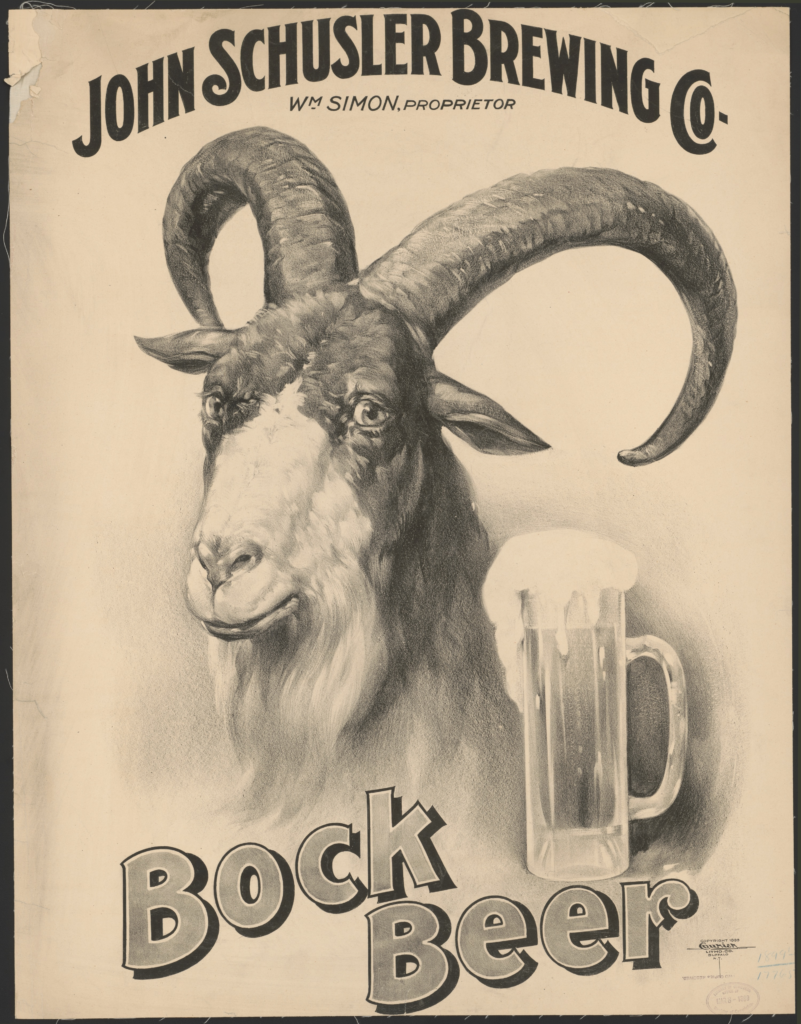


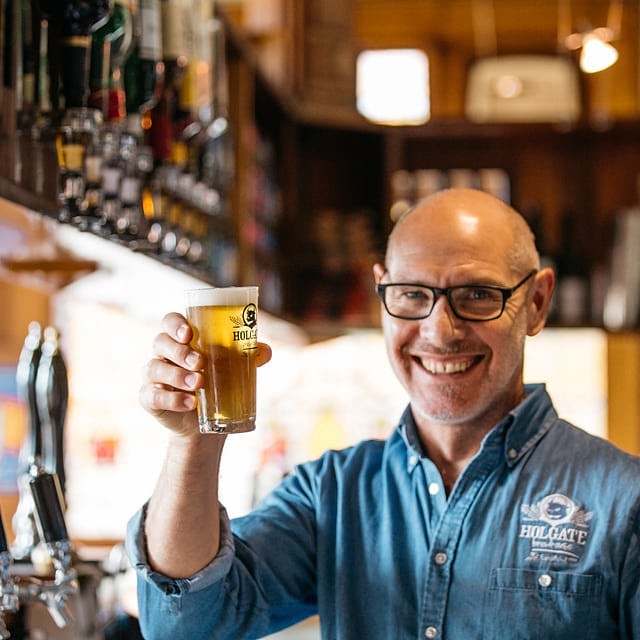

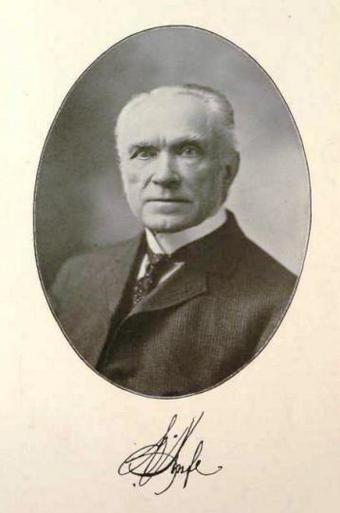
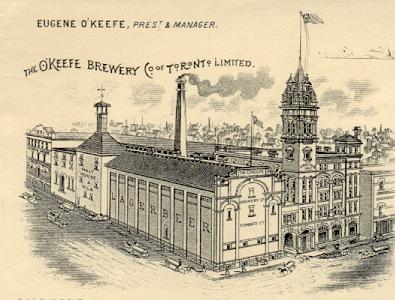
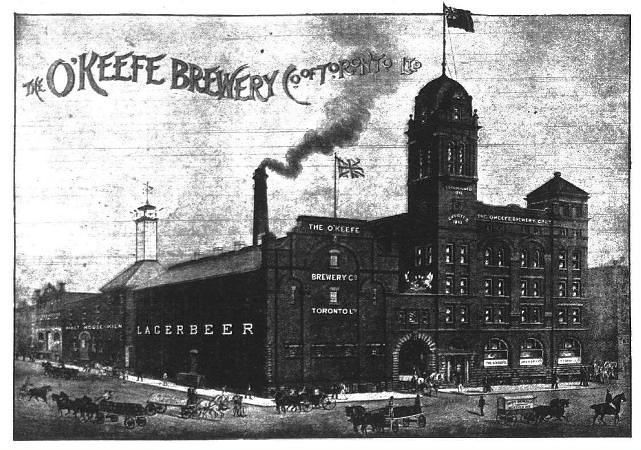
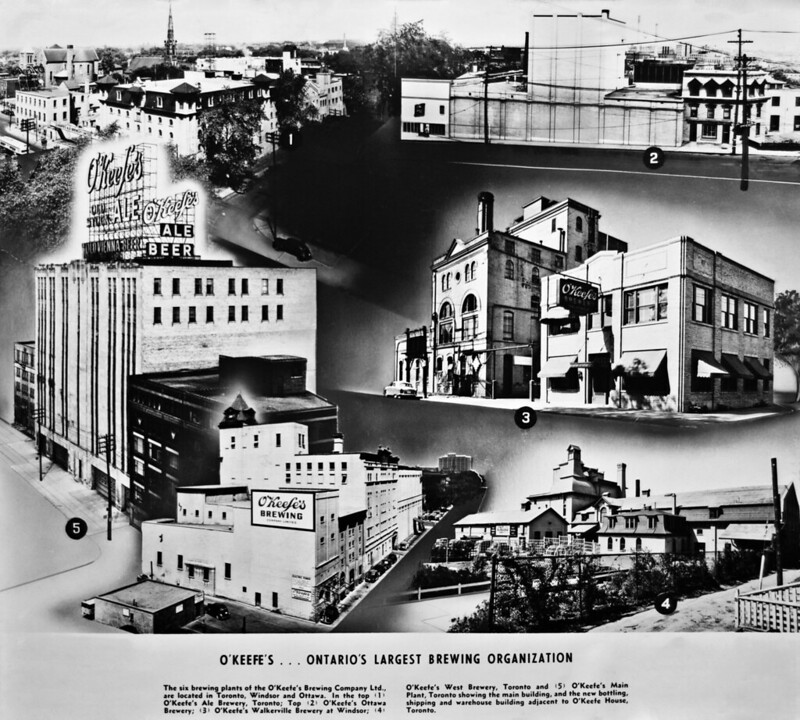
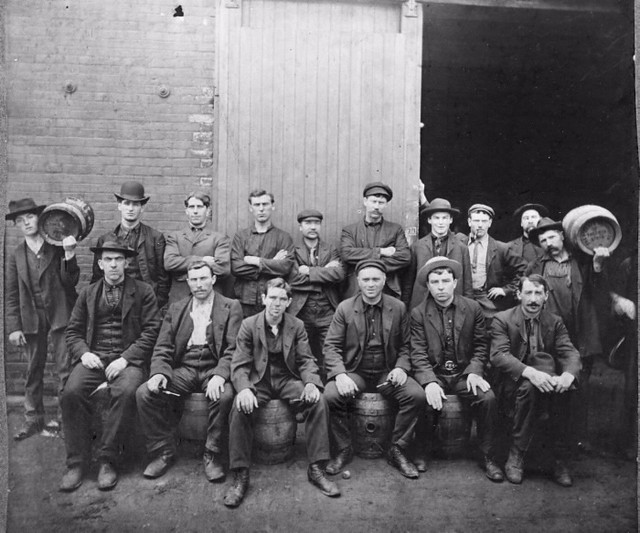



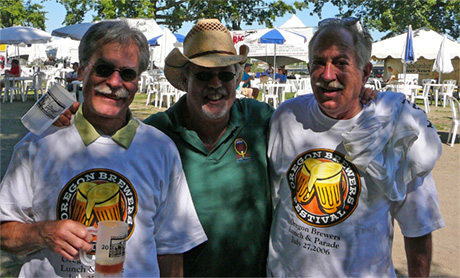
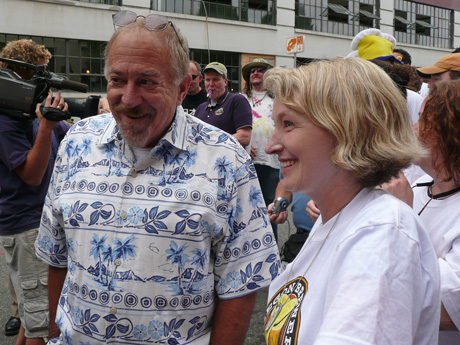
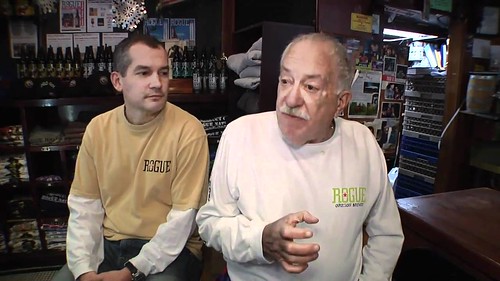
 One of the best photos of Jack I’ve seen. This was taken by Leah Nash for a New York Times article entitled Food and Fuel Compete for Land.
One of the best photos of Jack I’ve seen. This was taken by Leah Nash for a New York Times article entitled Food and Fuel Compete for Land.